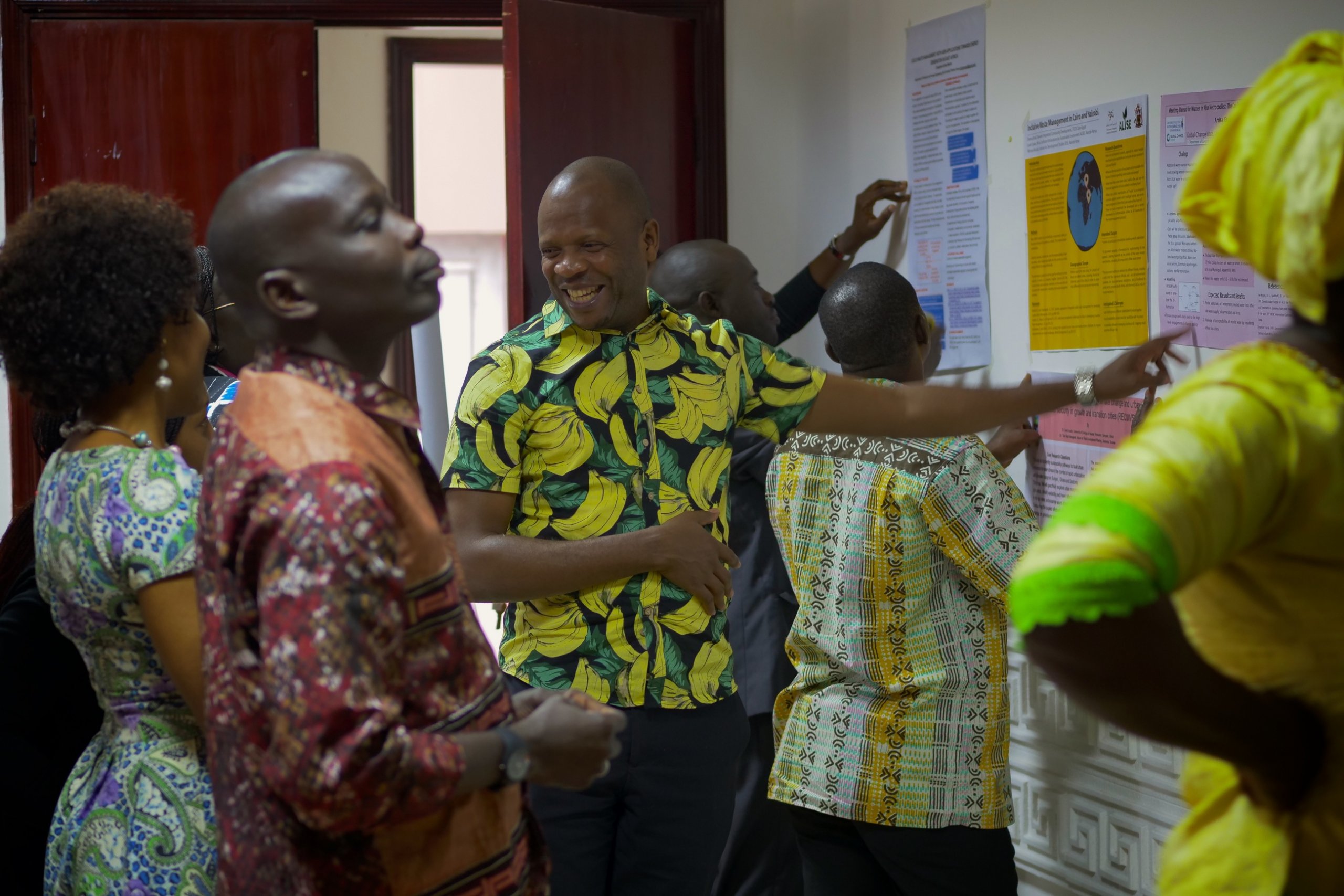As part of the 5-year “Leading Integrated Research for Agenda (LIRA) 2030 in Africa” programme, 32 representatives of the successful pre-proposals attended a five-day training workshop on transdisciplinary (TD) research.

The event took place on 3-7 September 2018 in Abidjan, Côte D’Ivoire and was organized in partnership with the Centre Suisse de Recherches Scientifiques en Côte d’Ivoire (CSRS).
The 32 early career scientists came from 15 countries in Africa, representing different disciplines, communities of practice and different African universities. They have been selected to participate in the training through the recent LIRA call on Pathways towards Sustainable African Urban Development.
The aims of the workshop were:
The training workshop presented theories, methods, and examples of TD research. The workshop included modules on stakeholder mapping and engagement, and science communication, using the Human City Project in Port Harcourt, Nigeria as a case study. The training also included interactive sessions, such as a research market place, actor constellation and a field visit, looking at issues of waste management, sanitation and energy consumption in hotels in Grand-Bassam.
The event was delivered by a group of TD and urban experts, including Vivi Stavrou (International Science Council, France), Zarina Patel (University of Cape Town and African Centre for Cities, South Africa), Dan Inkoom (Kwame Nkrumah University of Science and Technology, Ghana), Michael Uwemedimo – Human City Project/The Collaborative Media Advocacy Platform, Nigeria/UK), and Tobias Buser (TD-Net, Switzerland),
Over the course of the five-day training, the researchers also worked on the development of their full proposals, which should be submitted by 23 November 2018. All proposals will undergo a scientific review process and then the LIRA 2030 Africa programme will award up to twelve grants for integrated research projects in Africa, each worth up to 90,000 Euros over 2 years. Each project is expected to stimulate and deliver the new knowledge required in the practice of sustainable urban development.
LIRA 2030 Africa is a five-year programme of the International Science Council, which was formed in July 2018 following the merger of the International Council for Science (ICSU) and International Social Science Council (ISSC).
It was originally launched by the International Council for Science (ICSU) in 2015 and implemented in partnership with the Network of African Science Academies (NASAC) and the International Social Science Council (ISSC), with support from the Swedish International Development Cooperation Agency (Sida). LIRA 2030 Africa aims to generate solutions-oriented knowledge to address complex sustainability challenges in Africa and to increase participation of the African scientific community in global research programmes.
[related_items ids=”6474,636″]